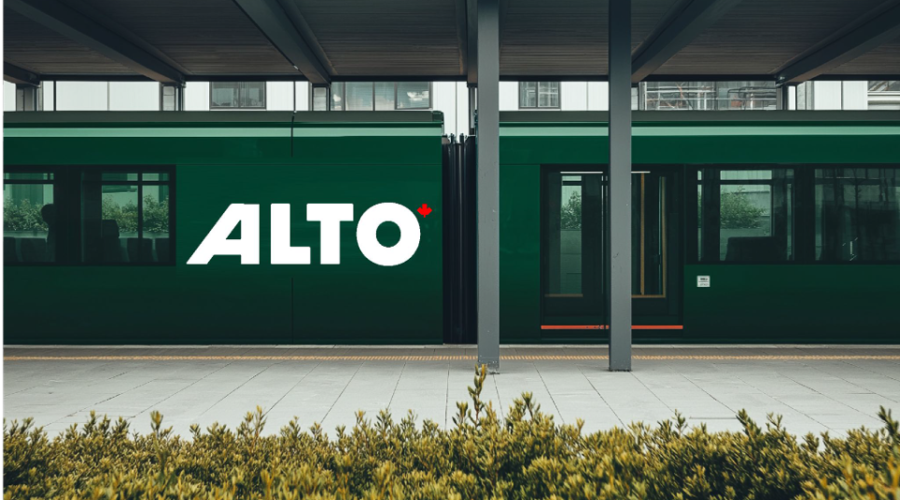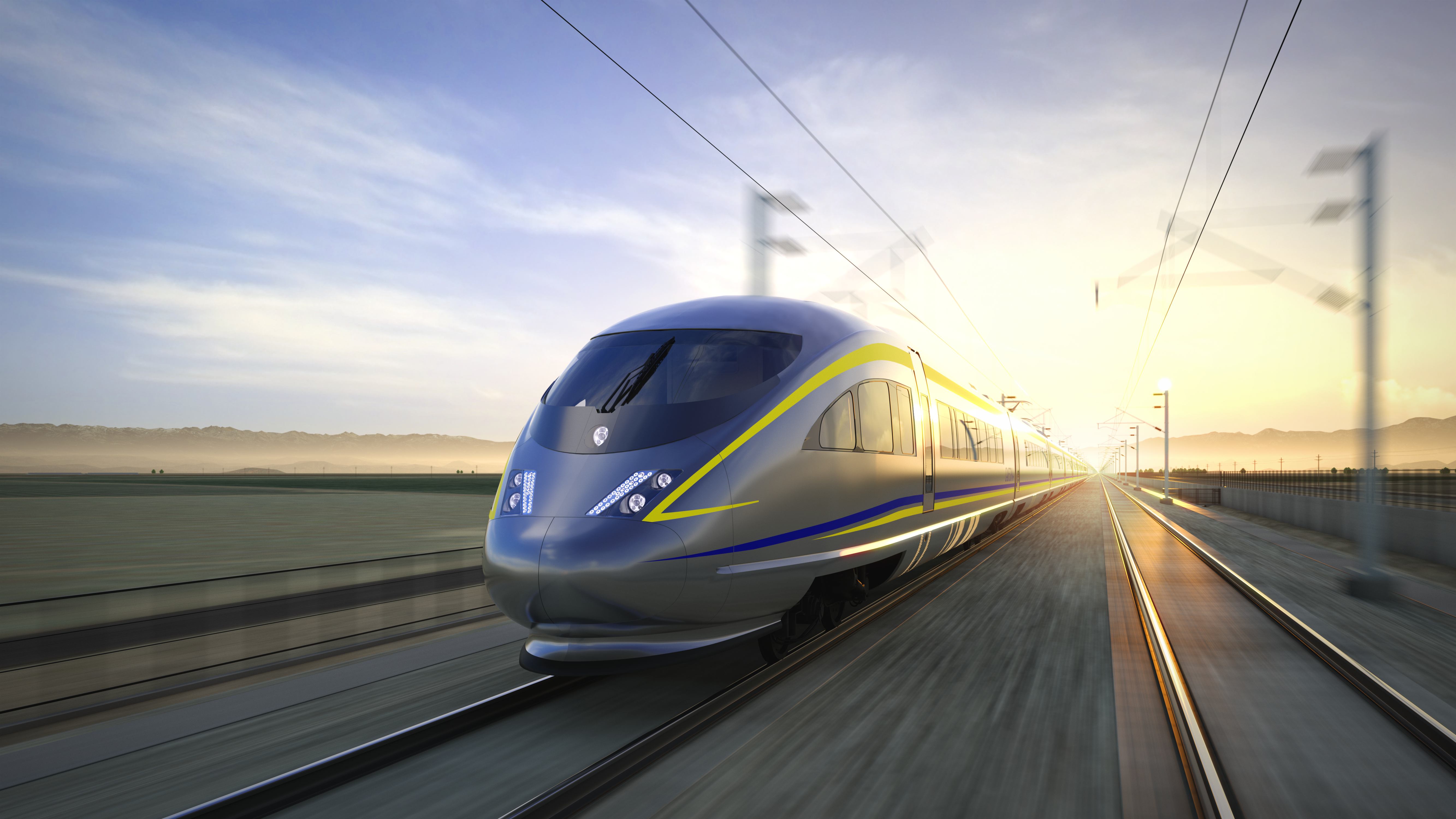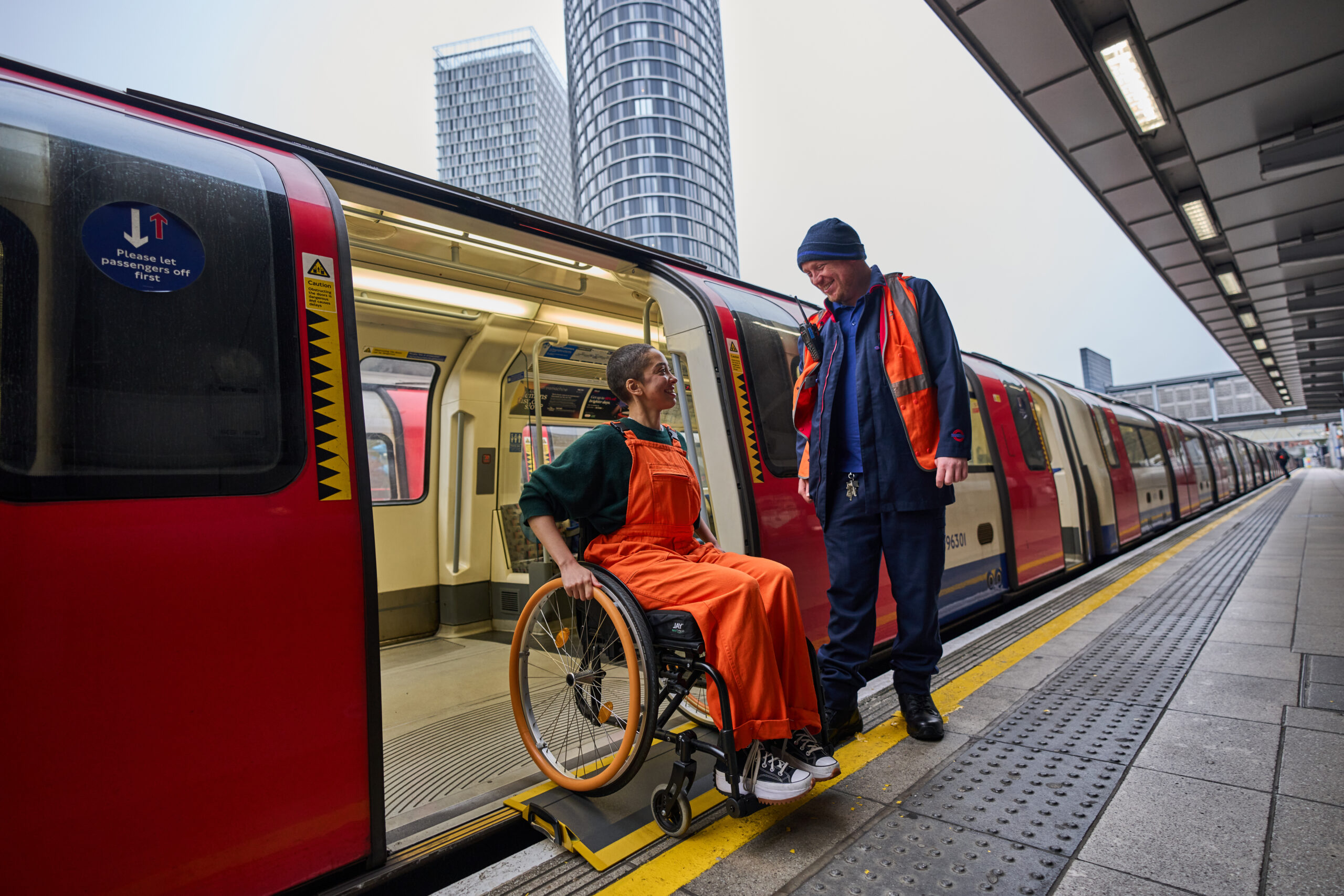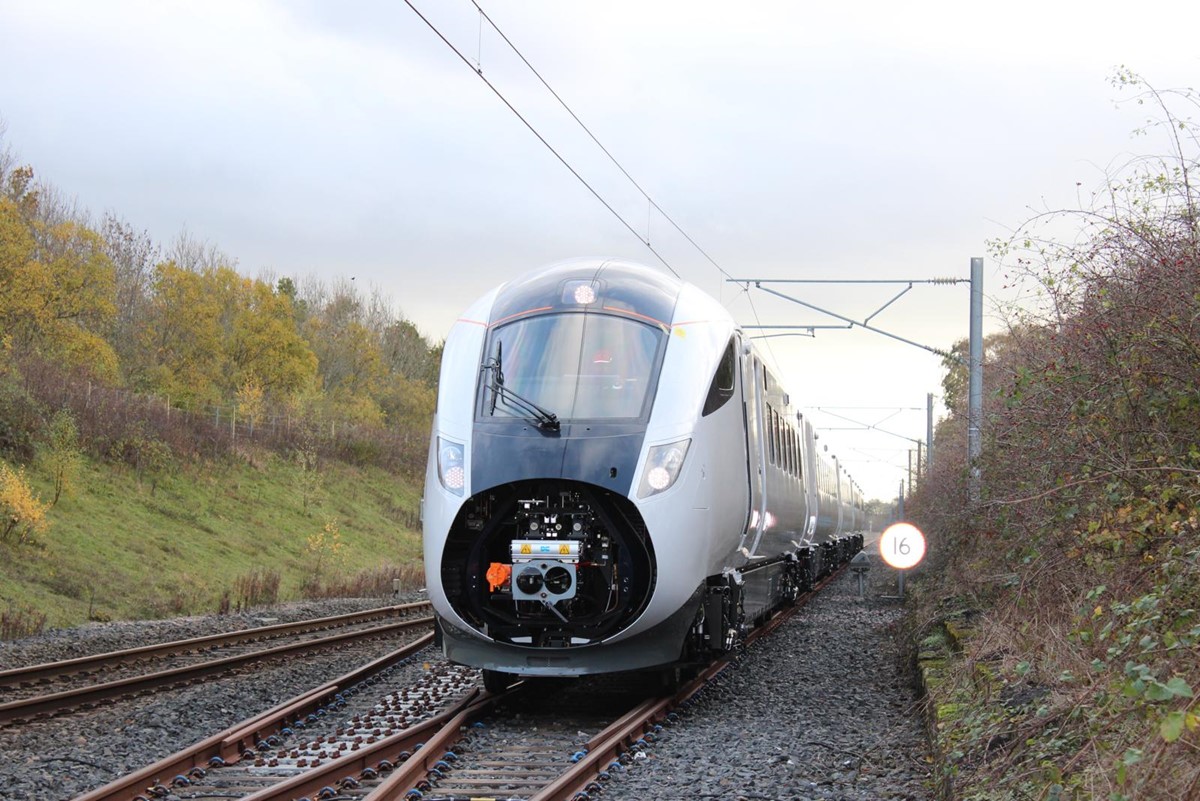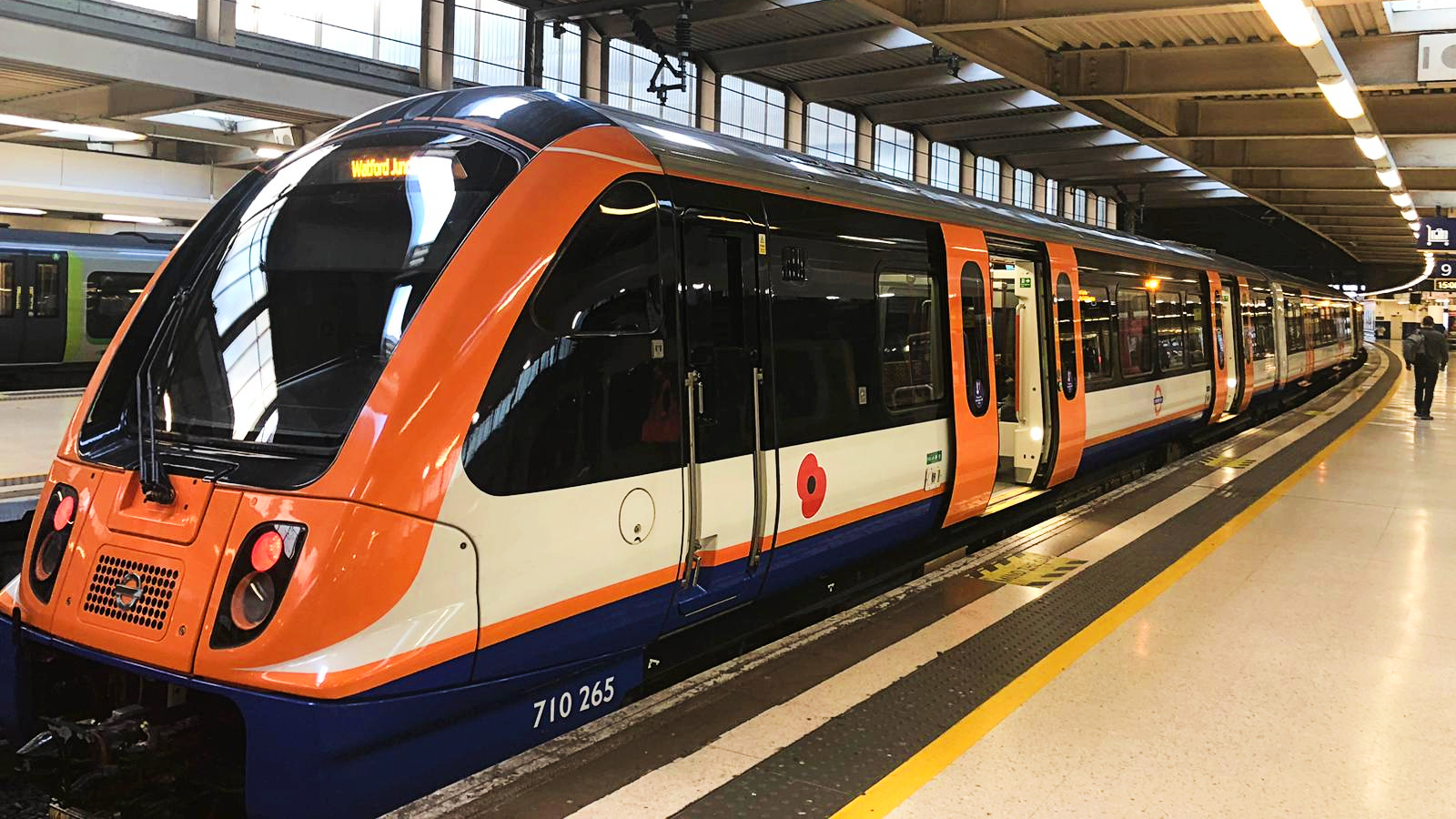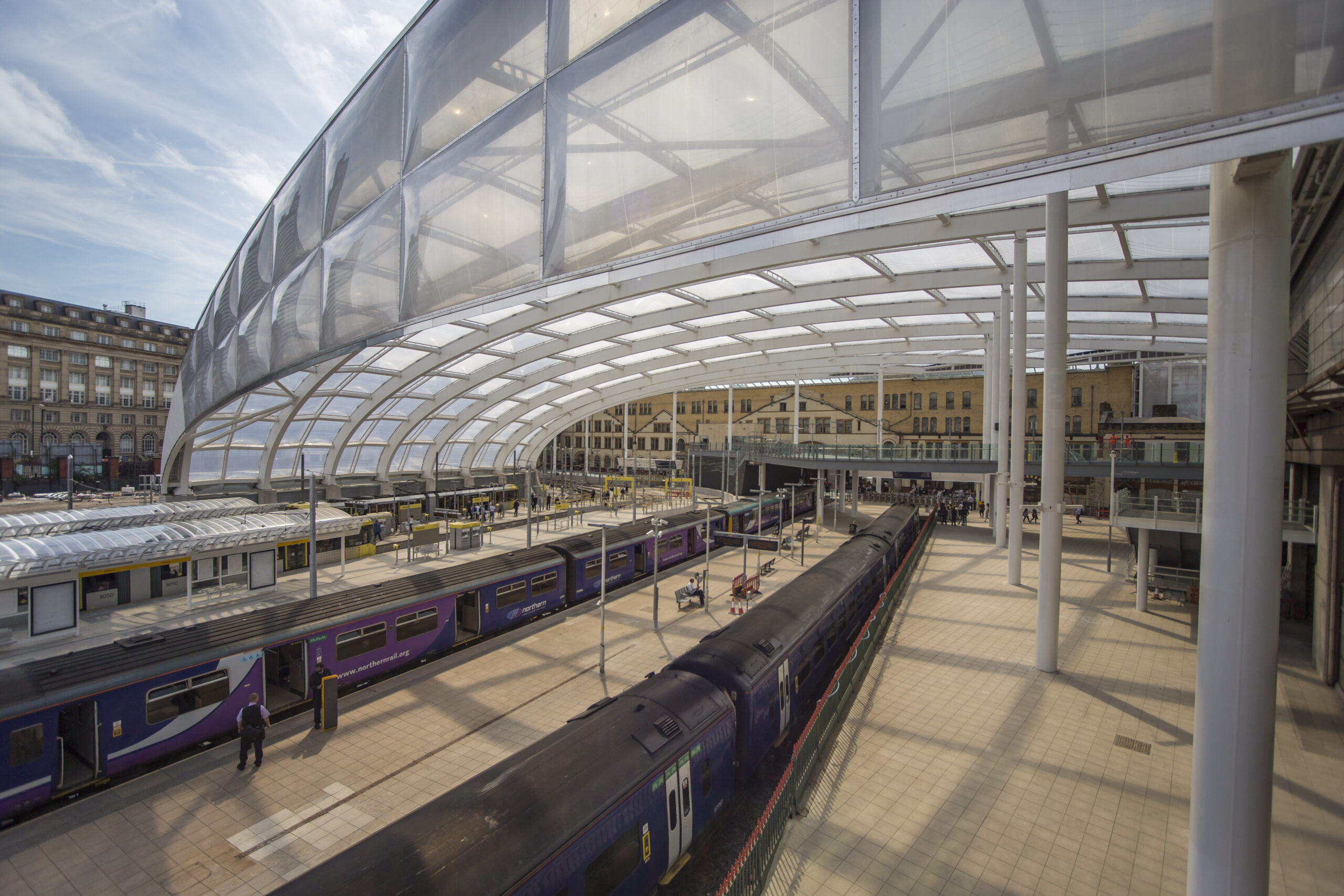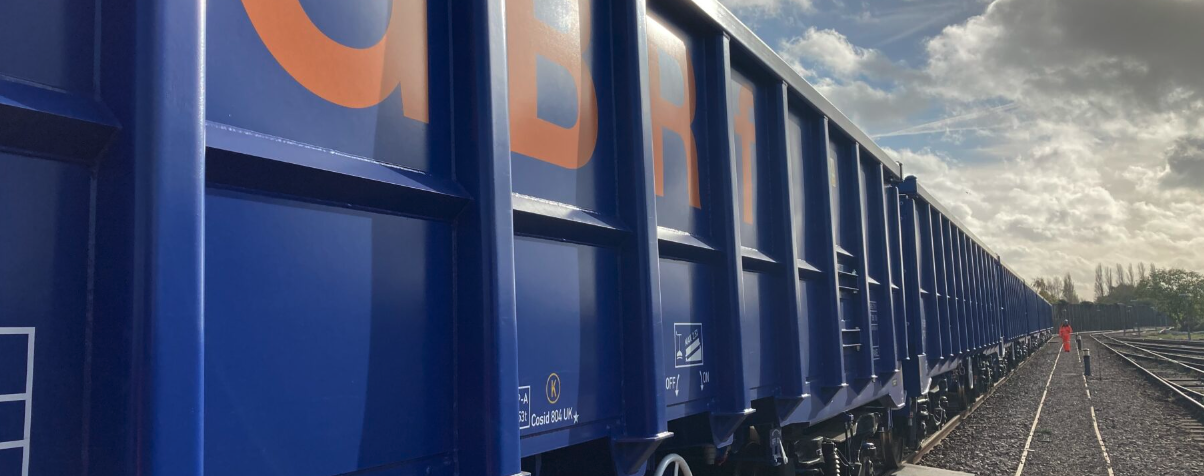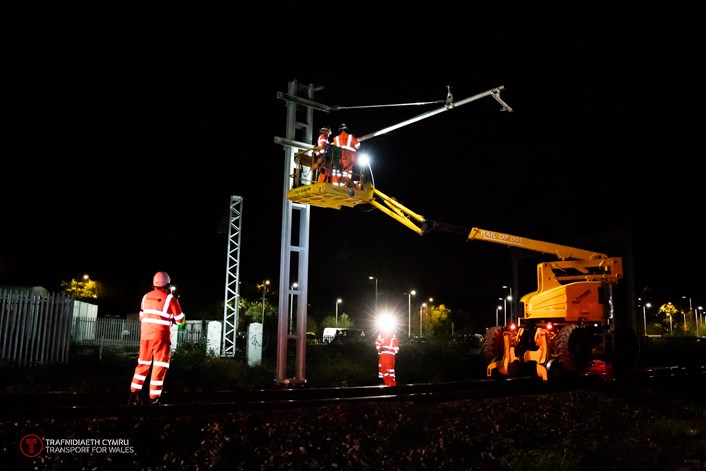It could, let’s be honest, have been quite a lot worse.
The main purpose of last week’s Budget was to undo the chaos unleashed by short-lived chancellor Kwasi Kwarteng’s ‘mini-budget’, which had sent interest rates spiking and immolated both the British economy and his career in a matter of days. The need to fill a £50bn fiscal black hole – to what extent that actually exists is a matter of some debate – was widely expected to presage the dawn of austerity 2.0: yet more cuts, but also, since the public sector is already on its knees, some rather nasty tax cuts as well. Just what we all need in the midst of a cost-of-living crisis.
And lo, it came to pass, and the country was sore displeased: tax thresholds were frozen or cut; councils given room to hike council tax; the energy support package reduced. When it comes to spending, although the plan would remain unchanged until 2025, it would then grow more slowly than expected: this, given everything from frightening wait times for ambulances to increasingly visible potholes to, yes, cuts in commuter rail services, amounts to an admission that things are going to get worse.
The right-wing papers on Friday morning were predictably delighted. The Times had chancellor Jeremy Hunt grinning like a maniac at an uncomfortable looking child, under the words “Years of tax pain ahead”. The Mail went with, “Tories soak the strivers”; the Telegraph accused Hunt of combining “The rhetoric of Osborne… with the policies of Brown”, which, given its readership, we are meant to infer is a bad thing. Only the Express remained supportive: “Victory!”, an apparent reference to its campaign for an increase in the state pension. (I hope my campaign to get the sun to rise tomorrow achieves an equal level of success.)
From the perspective of Britain’s rail sector, though, things really weren’t that bad. During the first version of austerity back in the early 2010s – austerity 1.0, as we now, upsettingly, find ourselves calling it – the need to make swingeing cuts across government without upsetting too many potential Tory voters had seen George Osborne’s Treasury take bites out of capital investment programmes, on the grounds that these were cuts that nobody would immediately spot. At the time, the political logic of this was clear; one lost decade later, with living standards now visibly lower than much of Europe and the country falling to bits, the strategy is looking rather less clever.
Before Hunt’s speech, it had seemed entirely plausible he would do something of this sort once again. Given how unpopular HS2 has proved with Tory MPs, councillors and activists, and given how many of them have been calling to scrap it, it seemed entirely plausible further rail investment might be for the axe. Perhaps not HS2 itself, large chunks of which are already under construction – even this Tory party probably wouldn’t blow billions on a grand–projet, let it destroy those much-loved patches of ancient woodland, and then cancel it. But other schemes, surely, must still be at risk, as a sort of sacrifice to the grey vote.
But no: Hunt, unlike his predecessor, held the line. His Budget speech contained just one reference to the rail sector:
The Autumn Statement recommits to the government’s transformative growth plans for our railways. These include East West Rail, core Northern Powerhouse Rail, and High Speed 2 to Manchester. These will provide fast, more reliable services and connect people to new job opportunities.
There are a number of weasel words in that statement that should probably temper our excitement. That “re–commit” suggests that plans remain unchanged. But the plans were already incomplete and partial – the government removed much of the eastern leg of HS2, which would serve the East Midlands, Leeds and the north east, in its ironically named “integrated rail plan” last year – which is presumably why Hunt promised only that it would continue to Manchester. Many of the benefits the scheme was designed to provide will not, as planned, be realised.
In the same way, it’s not clear what “core Northern Powerhouse Rail” means, but it’s almost certainly not the same as “full Northern Powerhouse Rail”. Most likely it entails much trailed cuts to the new Bradford station, leaving a city of half a million people in the middle of the country still stuck with direct trains to almost nowhere. (As the council’s leader Susan Hinchcliffe rather sniffily put it: “Bradford is ‘core’ for us”.) References to the shiny new underground platforms at Manchester Piccadilly have also gone rather quiet of late.
As for East-West rail – a replacement of the long-lost Varsity line between Oxford and Cambridge – that was always coming in three stages: a new route from Oxford through Milton Keynes to Bletchley; an upgrade to existing infrastructure from there to Bedford; and another new line onwards to Cambridge, allowing services out into East Anglia. A report from the Infrastructure and Projects Authority last July, though, said that stages two and three had “major issues” over “project definition, schedule, budget, quality and/or benefits delivery, which at this stage do not appear to be manageable or resolvable”. So what exactly is Hunt recommitting to? Actual construction, or merely continued study? And of which stages?
Even if all the Treasury committed to construct all three of these routes in full – which seems, shall we say, unlikely – there’s more. The benefits of HS2 and NPR were meant to come in part from freeing up space on the existing network to run more local services. But those, too, will take infrastructure investment, albeit on a smaller scale, not to mention a Treasury willing to adequately fund rail travel. It is incredibly unclear that this is on the table.
All that said, though: it really could have been a lot worse. In some ways, the path of least resistance for Hunt would have been to cut investment, pleasing his party but setting back the rail industry and Britain’s prospects of future economic growth alike. He chose not to do that. With the markets fretful but the country desperate for investment, “rhetoric of Osborne with the policies of Brown” looks like rather a good result.
About Jonn Elledge
Jonn Elledge is a journalist and editor who specialises in transport and local government. Former assistant editor of the New Statesman.

















